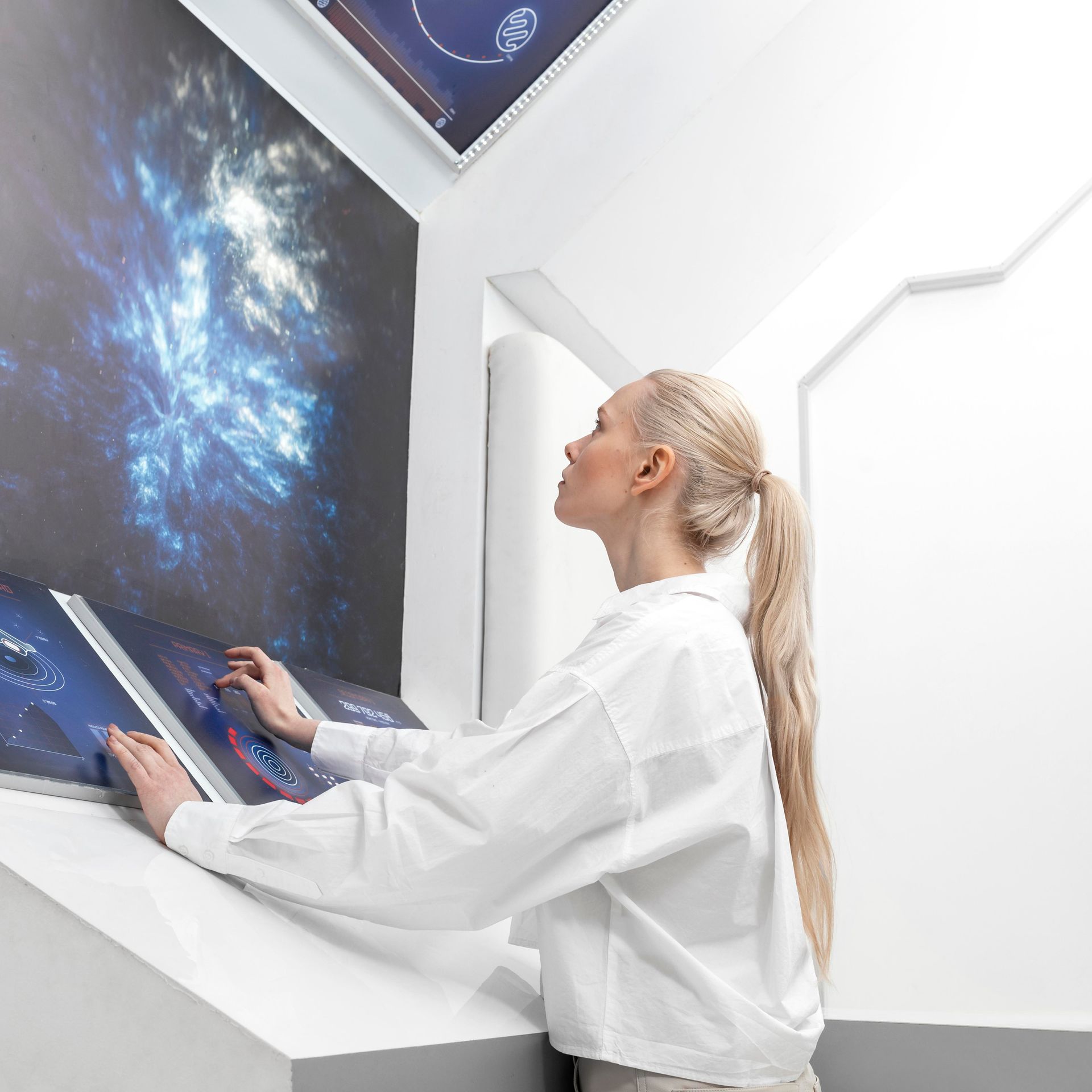Artificial Intelligence (AI) technology is poised to dramatically transform healthcare documentation practices. As AI technology evolves, its applications within the healthcare sector are becoming more innovative and impactful. Chase Clinical Documentation is at the forefront of this evolution, constantly adapting and improving our AI technology to meet the future needs of healthcare providers. Here, we explore several key advancements expected in AI technology and how they are set to revolutionize the field of medical documentation.
Enhanced Natural Language Processing
(NLP)
Future Developments:
- Contextual Understanding: Future AI will exhibit improved NLP capabilities, enabling them to understand context better, such as distinguishing between homonyms based on consultation content, which can significantly enhance the accuracy of medical records.
- Adaptive Learning: AI will increasingly use machine learning to adapt to individual physician preferences and specialties, learning from corrections and feedback to improve over time.
Impact on Healthcare:
- In time, these advancements will reduce the need for post-consultation edits and ensure that the documentation is more precise, reflecting the nuances of patient interactions accurately.
Integration with
Telemedicine
Future Developments:
- Seamless Integration: As telemedicine continues to grow, AI will be designed to integrate seamlessly with telehealth platforms, automatically documenting virtual consultations and extracting key information from video and audio interactions.
- Real-Time Assistance: Future AI scribing technology could provide real-time prompts to clinicians during telemedicine sessions based on the patient's medical history or symptoms discussed.
Impact on Healthcare:
- This will enhance the efficiency of telemedicine appointments, making virtual care more viable and comprehensive for patients and providers alike.
Predictive
Analytics
Future Developments:
- Predictive Insights: By analyzing vast amounts of documented data, AI will be equipped to offer predictive insights about patient health trends and potential outcomes.
- Integration with Clinical Decision Support: AI will feed directly into clinical decision support systems, providing real-time data-driven advice during patient encounters.
Impact on Healthcare:
- Predictive analytics will enable healthcare providers to anticipate patient complications and intervene proactively, improving patient outcomes and care management.
Enhanced Data Security
Future Developments:
- Advanced Encryption: As data breaches become more sophisticated, future AI scribe Technology will incorporate advanced encryption technologies to protect sensitive patient information.
- Continuous Security Updates: AI will receive continuous updates to address emerging security threats, ensuring compliance with healthcare regulations such as HIPAA.
Impact on Healthcare:
- Enhanced security features will ensure that patient data is kept confidential and secure, maintaining trust and integrity within the healthcare system.
Multilingual
Capabilities
Future Developments:
- Language Expansion: AI will support a broader range of languages and dialects, making them accessible to a more diverse patient population.
- Cultural Nuance Recognition: They will also be better at recognizing and adapting to cultural nuances in language, which can be crucial in medical settings.
Impact on Healthcare:
- Multilingual capabilities will improve the inclusivity of healthcare services, ensuring that non-English speaking patients receive accurate documentation and understanding of their medical care.
Shaping the Future of
Healthcare Documentation
The future of AI scribe technology is not just about automating documentation but transforming how healthcare providers interact with their patients and use patient data to make informed decisions. Chase Clinical Documentation is committed to pioneering these advancements, ensuring that healthcare professionals can focus more on patient care and less on paperwork. By embracing these future trends, Chase’s AI will continue to enhance the efficiency, accuracy, and security of healthcare documentation, shaping a new era in medical practice.
Recent Posts
















